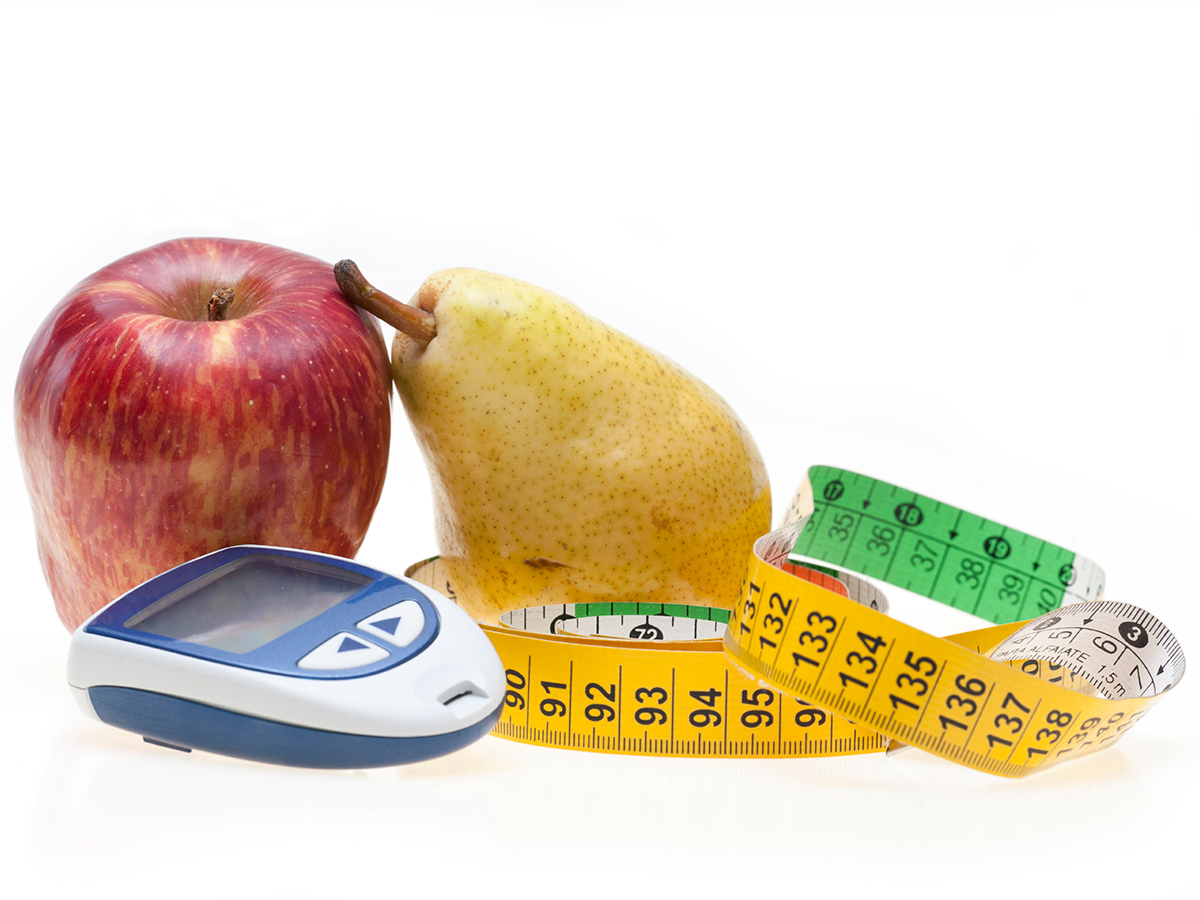To ensure you’re receiving the most up-to-date and accurate information, please choose the correct agency from the homepage. The DHEC website is no longer being updated and will be permanently unavailable Dec. 31, 2024.
From Other Blogs: Stopping type 2 diabetes, understanding gynecologic cancers, ending health disparities & more

A collection of health and environmental posts from other governmental blogs.
Putting a stop to type 2 diabetes
Did you know that diabetes is the seventh leading cause of death in the United States? It is estimated that by the year 2020, 50 percent of Americans will either have diabetes or be pre-diabetic, but there is a way to prevent this. — From Flourish, Palmetto Health’s blog
Let’s Help Women Understand: What We Need to Know About Gynecologic Cancers
Once upon a time, women were told to get a Pap test every year. And most of us did, even though it wasn’t always clear why we were being tested. We just did what we were told and thought it was a surefire way to stay healthy. But times and recommendations have changed about what test to have, how often to have it, and the reason to have it. — From the Center for Disease Control and Prevention’s (CDC) The Topic Is Cancer blog
Mission Possible: A Year in Review
As a long-time scientist and physician, I’ve treated patients in a range of environments – from U.S. cities and military bases, to sub-Saharan Africa and Haiti in the aftermath of the devastating earthquake in 2010. Throughout those experiences, I saw firsthand the impact that health disparities could have on health outcomes. That’s why – even when treating single patients – it was important to always consider the social determinants of that individual’s health.
The inequity in health that we see across the world today remains one of the greatest social injustices of our time. Access to healthcare and behaviors is greatly influenced by social factors and environment, including housing, transportation, and education. As the nation’s leading public health agency, CDC plays a crucial role in promoting the practice of health equity, and I’m committed to seeing that CDC puts science into action to confront the gaps in health and the social determinants behind those inequities. — From the CDC’s Conversations in Equity blog
New HRSA Program Will Help Clinicians and Patients in the Fight Against Opioid Addiction
On December 27, 2018 HRSA launched a program that is critical to HHS’ response to the opioid crisis. This National Health Service Corps Substance Use Disorder Workforce Loan Repayment Program will support the HHS Five-Point Opioid Strategy by increasing patient access to high-quality substance use disorder preventive, treatment, and recovery services. — From the US Department of Health and Human Services’ (HHS) blog
Superfood of the Month: Cauliflower
Cauliflower is considered one of the healthiest foods on Earth and with good reason. It has a rich supply of health-promoting phytochemicals, a high level of anti-inflammatory compounds, and the ability to ward off cancer, heart disease, brain disease and weight gain. There isn’t much cauliflower can’t do. — From Lexington Medical Center’s official blog